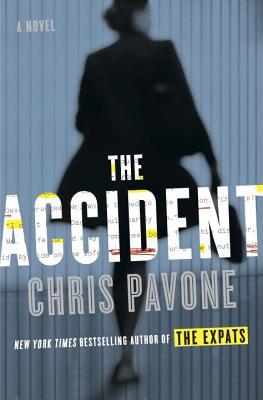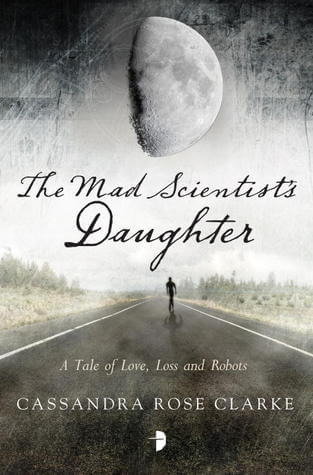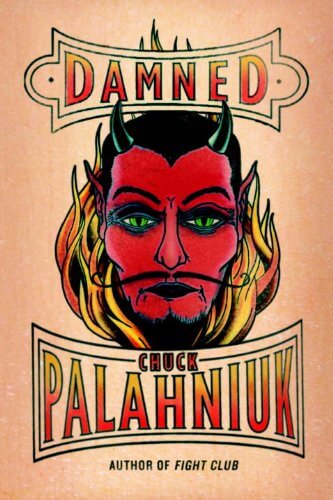As an experiment in literary form, Marcus succeeds by failing. The lack of coherent plot, the deliberate masking and obscuring of story and characters, does exactly what he wants them to do. And because of that, this is very difficult book to get into, let alone enjoy.

“The lack of speech, the absence of language to build us into full people, had turned us into a kind of emotive cattle. Perhaps a raucous inner life produced shattering notes inside us, but with no extraction tool, no language to pry it free and publicize it, even if it was moronic, one sensed that the whole enterprise of consciousness had suddenly lost its way. Without a way to say it, there was no reason to even think it.”
The Flame Alphabet, Ben Marcus
It’s strange that a book called The Flame Alphabet left me so cold. Ben Marcus’ newest novel has a deeply intriguing premise, one that he aims his prodigious talent toward to make as inaccessible as possible.
In The Flame Alphabet, the world is beset by the most puzzling, devastating plague it’s ever known: language. Language kills. First, it seems it’s only the speech of children—and possibly only Jewish children—-but soon the speech fever spreads, making the speech of all children unbearable to adults. This killing language progresses, making adults’ speech and even written language toxic. Adults wither and die over weeks and months as they are subjected to speech, while children, who are immune, run rampant.
The first part of the book chronicles this rising plague through the eyes of the narrator Sam as he deals with a somewhat distant relationship with wife Claire and tries to comprehend their teenage daughter Esther. As the world begins to realize what is causing the illness, Sam follows an underground movement to make and test cures, all of which fail. Eventually Sam takes Claire and flees their home—and their daughter—in search of respite and a cure. The second half sees Sam in a research facility, as both the experimenter and the experimented-upon.
Language kills. People’s faces shrivel, their tongues harden from disuse. Even writing causes pain, even gesturing can hurt. Marcus puts forth frightening questions: what are we without language? What distinguishes us from animals when we cannot convey meaning to one another? What, even, is the point of meaning at all if we can’t express it, if it can’t be shared? Continue reading “Failing on purpose: A review of The Flame Alphabet by Ben Marcus” →





